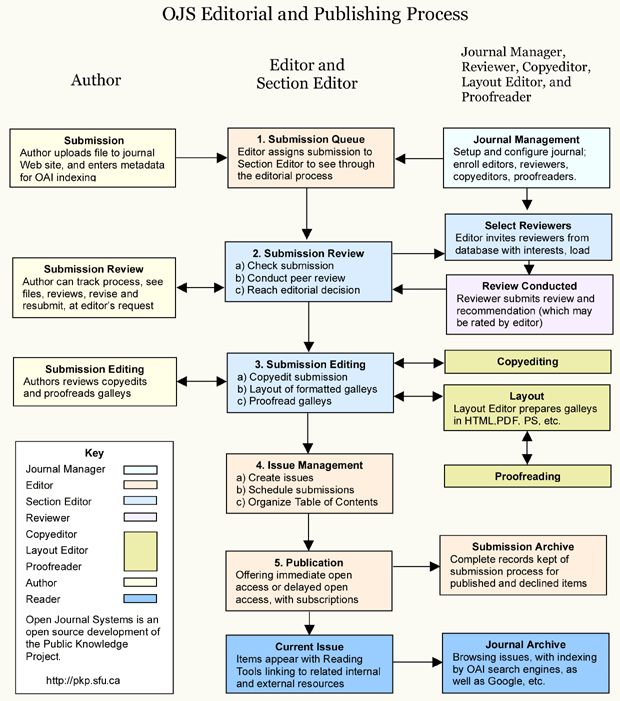- Focus and Scope
- Section Policies
- Peer Review Process
- Publication Frequency
- Open Access Policy
- Archiving
Focus and Scope
Religion plays a pivotal role in society. Not only does it influence the way people believe, think, and practice rituals, but also the way they construct society and politics. This is particularly so in the case of Asia-Pacific religion, where religion plays a major role in the public sphere, for example, in Indonesia, Malaysia, Philippines, Thailand, Pakistan and India. Religion is also a core factor of identity for the Chinese community in the AsiaPacific countries such as Singapore and Australia. Such interaction between religion and society has been a key dynamic in the Asia-Pacific region. This dynamic relationship between religion and society in Asia-Pacific tends to develop further and become more complex as the transnational religious movements have become one of key players influencing religious development in the region. APJRS aspires to advance the understanding of the complex relation between religious belief and all aspects of society. Among disciplines which would find a suitable venue in the journal are: Asia-Pacific studies, history, religious studies, philosophy, political science, and religion. Such diversity will ensure that the articles published in the journal will necessarily engage with various theories and methodologies in looking at the relationship between religion and society
Section Policies
Articles
Peer Review Process
Setiap naskah yang masuk akan terlebih dahulu diperiksa oleh dewan redaksi sesuai dengan sub bidang penelitian dan memperhatikan unsur kesesuaian dengan format dan pedoman penulisan jurnal APJRS. Setiap naskah yang dinyatakan layak oleh redaksi akan dikembalikan kepada penulis (jika masih ada perbaikan) atau langsung dikirimkan kepada Mitra Bestari. Setiap naskah akan diperiksa oleh 2 Mitra Bestari selama 1 minggu dengan kriteria penulisan naskah sebagaimana tersebut pada ceklist panduan untuk Mitra Bestari.
Publication Frequency

Open Access Policy
This journal provides immediate open access to its content on the principle that making research freely available to the public supports a greater global exchange of knowledge.
Archiving
This journal utilizes the LOCKSS system to create a distributed archiving system among participating libraries and permits those libraries to create permanent archives of the journal for purposes of preservation and restoration. More...









